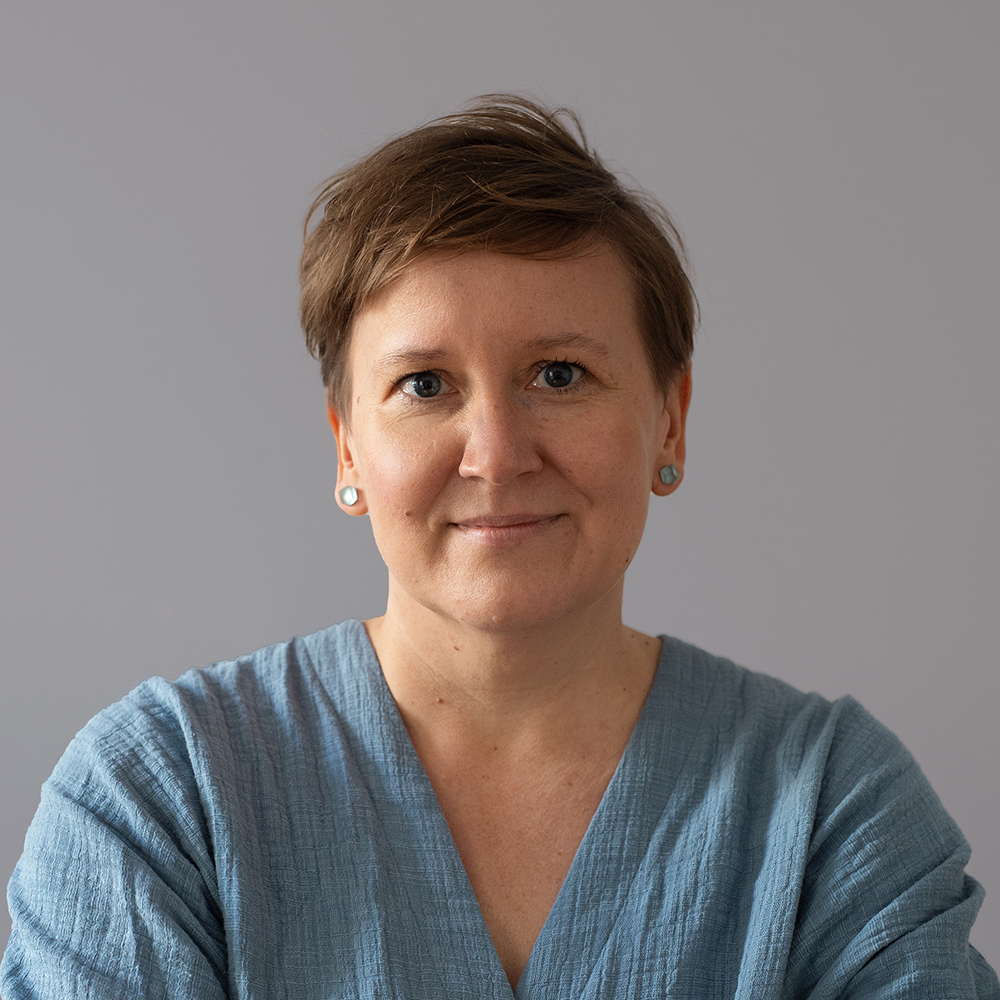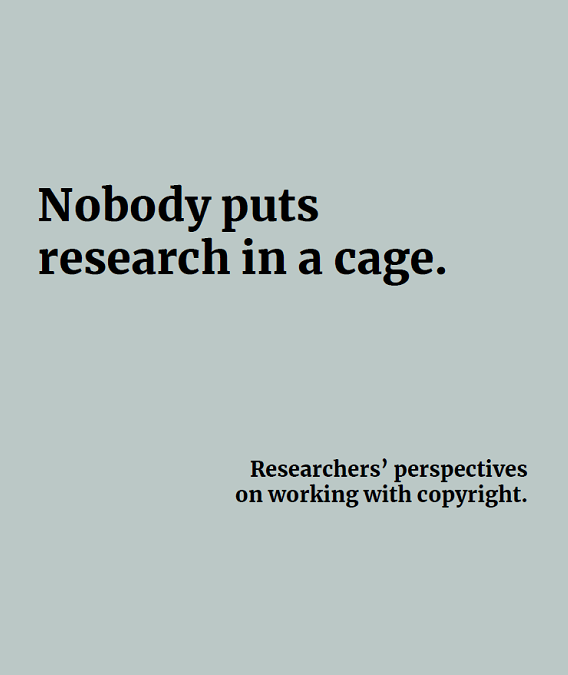SCCR/43: Centrum Cyfrowe’s statement on cross-border research
Our statement regarding limitations and exceptions for educational and research institutions and for people with other disabilities.
This week Centrum Cyfrowe is attending the 43rd session of the WIPO Standing Committee on Copyright and Related Rights (SCCR), in its observer capacity.
During the session we made the following statement regarding limitations and exceptions for educational and research institutions and for people with other disabilities. The statement made by Maria Drabczyk focuses on cross-border research.
Thank you, Chair.
I speak for Centrum Cyfrowe, a civil society organisation based in Poland supporting openness and engagement in the digital world, supporting educators and researchers.
The lack of an international instrument allowing for cross-border uses for education and research impacts daily practices of researchers all over the globe. Especially those interested in running their research in international partnerships.
During our recent interviews with researchers in Poland they stressed the immense value of such collaborations, as:
- they provide access to international resources allowing to execute, otherwise impossible, comparisons in research using digital or online tools
and 
- they allow to get the critical mass of research material when working on specific theme, with corpuses of work coming from different countries, 
The current challenges the researchers face are not abstract. To quote their words: no access to texts and data and no possibility to share it legally, a shady border between copyright and fair use, and regulations that are not understandable by non-legals.
These constraints simply block the research work or put it in a grey zone. 
This Committee has the power to change the situation by reforming the existing framework so that it supports an enabling, harmonised cross-border environment for research. And we urge you to do so.
Thank you.
Find out more about the researchers‚Äô perspective on cross-border research in our publication ‚ÄúNobody puts research in a cage. Researchers‚Äô perspectives on working with copyright‚ÄĚ.

